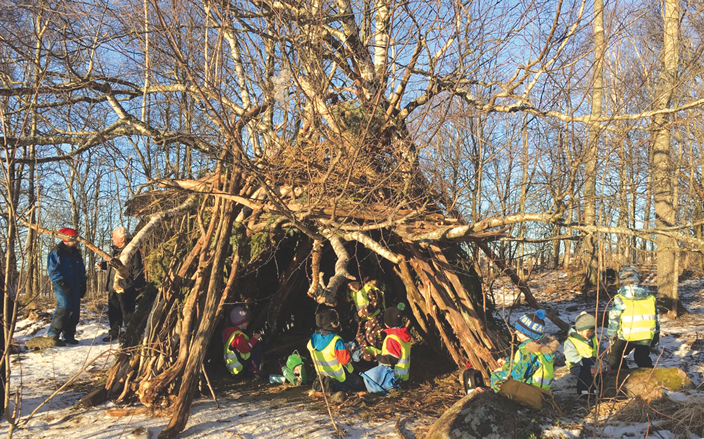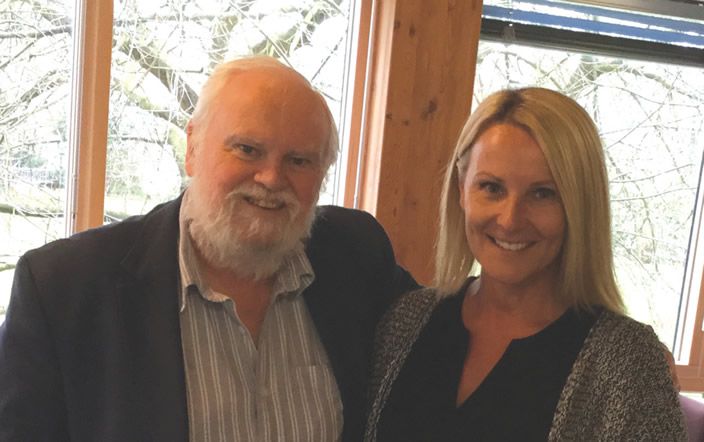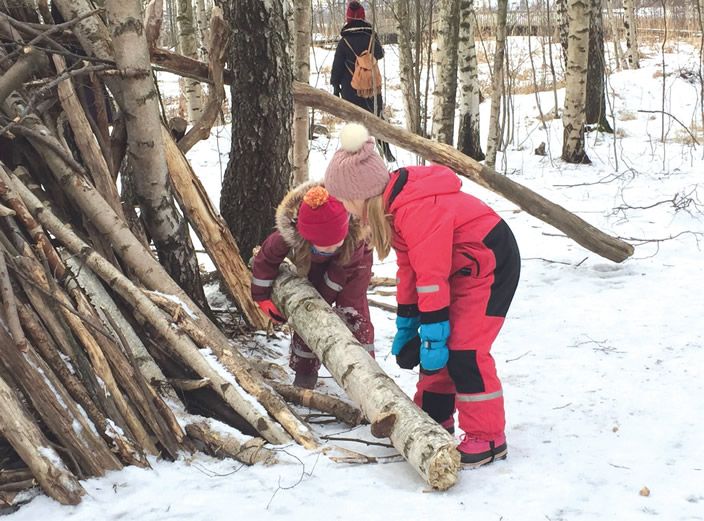“‘Play’ is sometimes contrasted with ‘work’ and characterised as a type of activity which is essentially unimportant, trivial and lacking in any serious purpose. As such, it is seen as something that children do because they are immature, and as something they will grow out of as they become adults. However, this view is mistaken. Play in all its rich variety is one of the highest achievements of the human species, alongside language, culture and technology. The value of play is increasingly recognised by researchers and within the policy arena, as the evidence mounts of its relationship with intellectual achievement and emotional wellbeing.” (Whitebread, 2012)
My research strongly recommends that a scholarly conversation about play is needed in education, most specifically in schools. However, preceding this conversation there needs to be recognition and understanding that the early years of school are early childhood years; therefore the philosophies, pedagogy and best practice of early childhood apply to the early years of school not just the prior to school years. Consequently, the image of the child as an agentic learner in the early years of school needs to be further explored. It is only from there that the true value of play can be understood.
The need for pedagogical awareness, understanding and expertise by leadership and teachers about the importance of play relates to both play as a pedagogy and self-determined play in schools. Play as a pedagogy is the play which accesses the curriculum for the child. Self determined play is the right of the child to play without expectations or specific learning outcomes and is equally an important part of the child’s learning and experiences at school. Usually in the school context, self determined play is accessible to the child during recess and lunch breaks on the school playground. Play as a pedagogy and self-determined play place significant relevance on the indoor and outdoor environments of a school to be engaging spaces which provide opportunity, flexibility and accessibility for different constructs of play. This requires deep thought, consideration and collaboration.
Play as a pedagogy has almost disappeared from many schools. Often it is not legitimately acknowledged as a way of accessing curriculum and is often discounted in favour of teacher-directed methods of instruction. Teachers are encouraged to make professional judgements about how to deliver the curriculum in appropriate, contextualised and cross disciplinary ways. Teachers are able to choose how best to introduce concepts and processes and how to progressively deepen understanding to maximise the engagements and learning of every student (ACARA, 2012).
When considering what is ‘appropriate’ in how to engage with curriculum, teachers of children in the early years in schools are required to reflect upon and implement early childhood principles, philosophy, pedagogy and best practice for the early learner. Children do not magically become different kinds of learners as they move from prior to school settings into the first years of school, so there are principles of teaching, learning and provision that apply to educators in both sectors (ECA/ACARA, 2011).
Bo Stjerne Thomsen from the LEGO Foundation said: “There is a great need for establishing play as a central arena for learning and development in the minds and actions of those influencing children’s lives” (PEDAL, 2016).
The professional learning of teachers about the importance of early childhood and play directly link to the Australian Professional Standards for Teachers (2011). Deepening insight and strengthening implementation of early childhood philosophy, pedagogy and practice improves the domains of professional knowledge, professional practice and professional engagement for teachers.
Education systems and schools cannot be complacent about the importance of play within a school context. We are urged to act boldly. The time of limited discussion is over and the time of scholarly conversation and collaborative action has emerged.
Kim Moroney is Maitland-Newcastle Catholic Schools Office Early Learning Education Officer.










































































































































